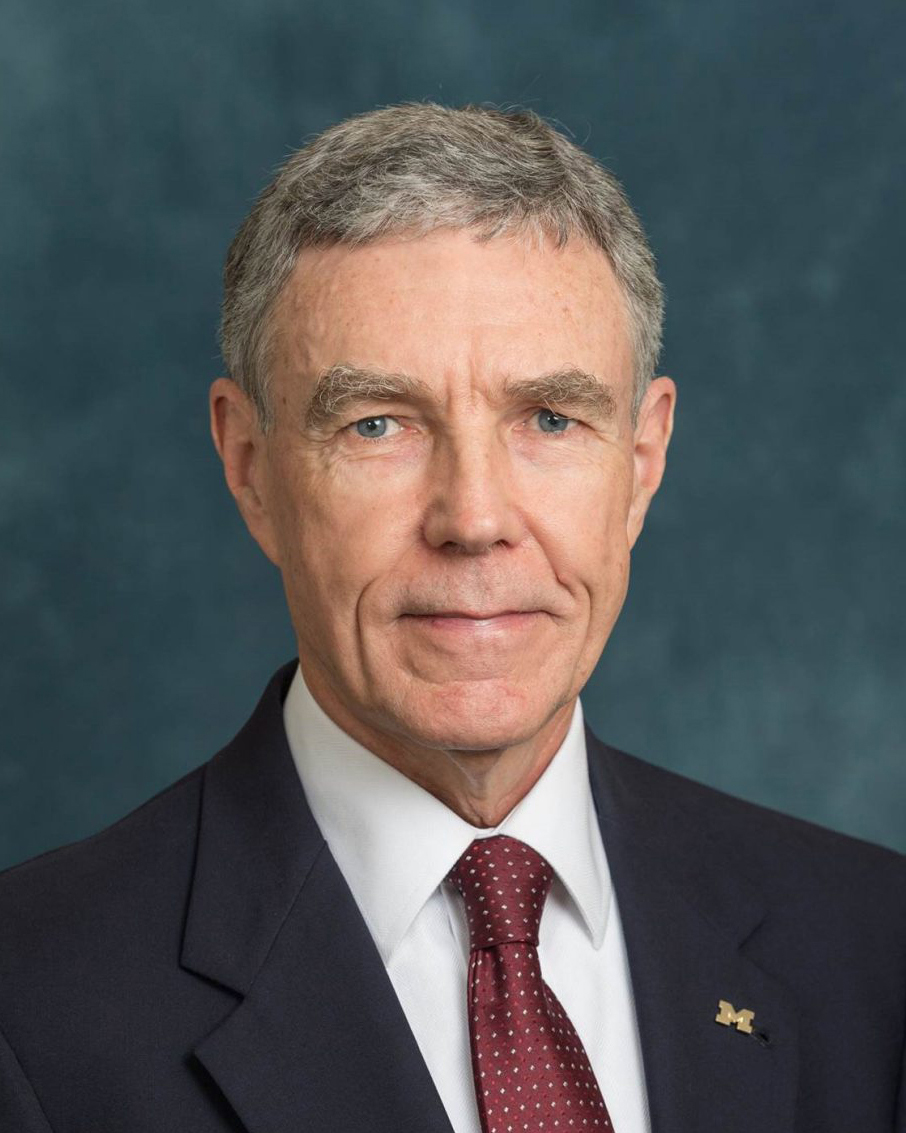One Year In, Reaction to OLA Is Mostly Positive
by N. Reed Dunnick, MD, Associate Executive Director, Diagnostic Radiology
2020;13(1):4

The American Board of Radiology’s primary mission is to protect the public by ensuring that board-certified radiologists have acquired and maintained the skills needed to practice their profession. Initial certification is a challenging hurdle: candidates must pass a rigorous initial qualifying exam that includes all aspects of diagnostic radiology, including all organ systems and modalities as well as noninterpretive skills. With the expansion of diagnostic radiology, subspecialization is increasing, and the Certifying Exam, taken 15 months after residency training is completed, allows candidates to tailor their exams to the areas in which they expect to practice.
Over time, diagnostic radiology has evolved, and imaging techniques and exams have changed. Computed tomography (CT), magnetic resonance imaging (MRI) and ultrasound improved and replaced many traditional exams. The practice of many diagnostic radiologists now consists of work that was not tested on the exams they took for initial certification. A way to see that radiologists have evolved along with their practices and acquired these new skills is needed. Such a system must be meaningful, yet not be onerous for physicians to complete.
Lifelong learning is essential to keeping up with our evolving field. This includes not only continuing medical education (CME) courses, but also self-assessment CME (SA-CME). A method of assessing radiologists to see if they have learned essential material is also needed. However, requiring radiologists to travel to a testing center is costly and time consuming.
Learning from other American Board of Medical Specialty (ABMS) certification boards, the ABR has developed a system of continual assessment called Online Longitudinal Assessment (OLA). Two question opportunities are made available each week to diplomates participating in the Maintenance of Certification (MOC) program. Thus, a total of 104 questions opportunities are offered per year in most cases, but diplomates are required to answer only 52 of them. Furthermore, the diplomate may decline as many as 10 questions. An opportunity to comment on each question is provided at the time the answer is given. These comments are collected for review by the ABR staff and volunteer committees that develop the questions. Participants receive immediate feedback, rationale, and reference after they answer questions.
Reaction to the OLA program has been positive, although not without requests for changes. Some diplomates would prefer the questions to be batched rather than sent two per week. Some do not want to have any more questions sent to them after they have completed their 52. A very small number of diplomates prefer to take a proctored exam rather than use OLA to satisfy the Part 3 requirement.
The ABR is fortunate to have psychometricians and exam developers on staff who work closely with our volunteers to ensure the validity of our assessment and testing procedures. They review every question before it is included in a set and examine items in which responses are unusual. Any changes in our processes are vetted by an experienced and knowledgeable team.
We hope you have found OLA to be a positive experience and welcome your feedback at any time. You may contact us at information@theabr.org or (520) 790-2900.


